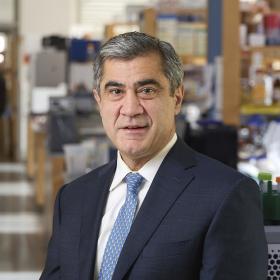



Aligning Research to Impact Autism (ARIA), a scientific research initiative, has awarded a $27.7 million grant to Yale School of Medicine to pioneer new non-invasive treatments for patients with autism spectrum disorder (ASD).
ASD affects 1 in 36 children in the United States and 1 in 100 children worldwide. Patients can present with language and social communication difficulties, repetitive behaviors, and sensory processing issues. Autism often co-occurs with epilepsy, mood conditions, and sleep disturbance. The variability in symptoms and the intricate nature of the brain’s involvement make treating the co-features associated with autism particularly challenging.
The interdisciplinary Yale project will leverage advanced AI and machine learning techniques to integrate data from three distinct cohorts: individuals with ASD, patients with drug-resistant epilepsy, and those with Angelman Syndrome, a condition marked by severe speech and language impairments, sleep disturbances, and anxiety due to a single gene mutation. In particular, the inclusion of epilepsy patients offers a significant advantage due to the collection of intracranial recordings from epilepsy monitoring and treatment, an area of expertise for the Yale neurosurgical team. These recordings allow for a detailed examination of circuit-level functions, informing our understanding of autism in ways not otherwise possible.
“Our vision is to translate our understanding of brain circuitry into practical treatments that restore neurological function,” explains Murat Günel, chair of the Department of Neurosurgery, Sterling Professor of Neurosurgery, and professor of genetics and of neuroscience at YSM, who leads the research project. “This integrated approach will not only improve outcomes for individuals with autism but also pave the way for addressing other neurodevelopmental disorders.”
Read more about the grant from ARIA and the research project here.
